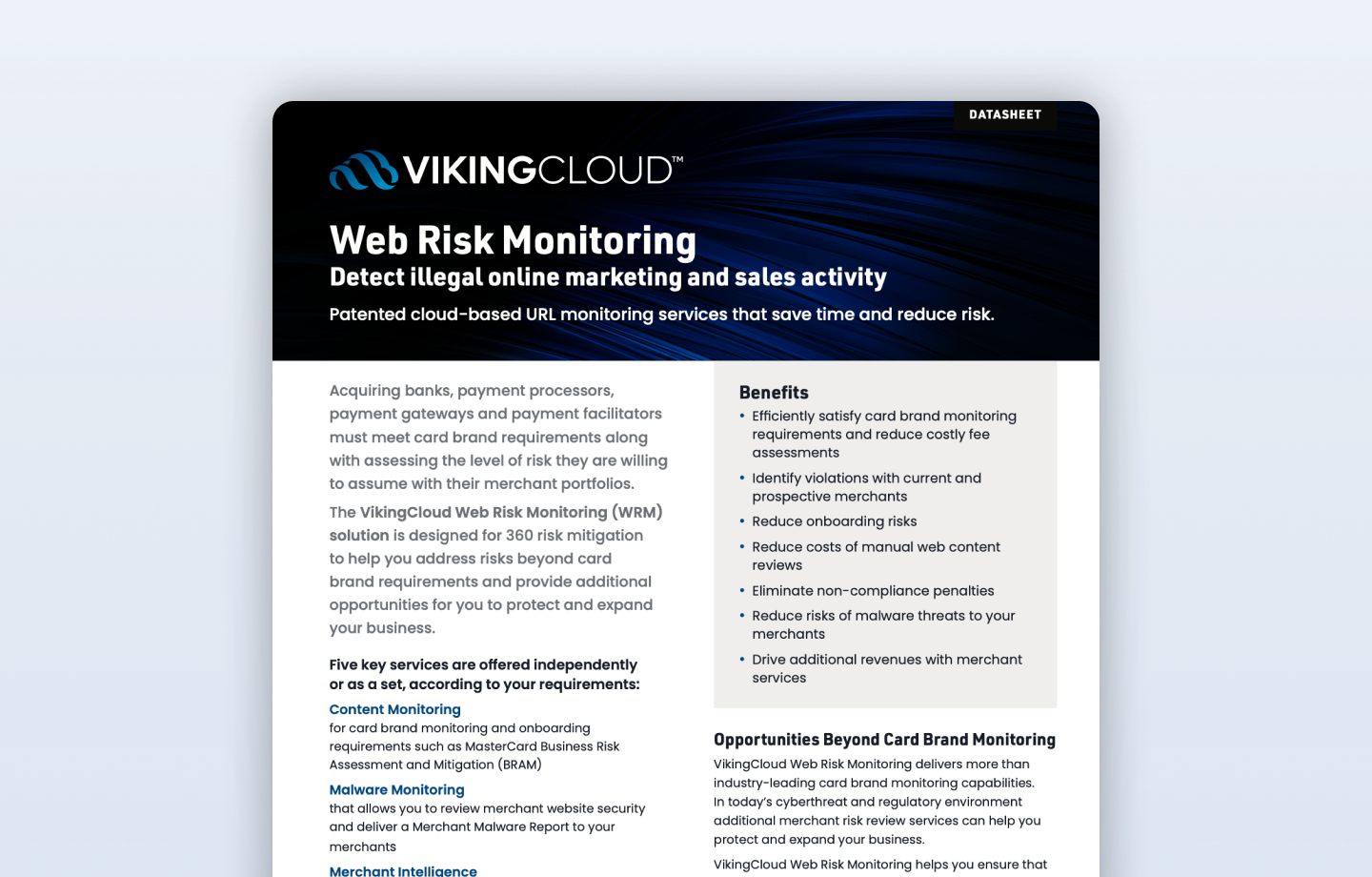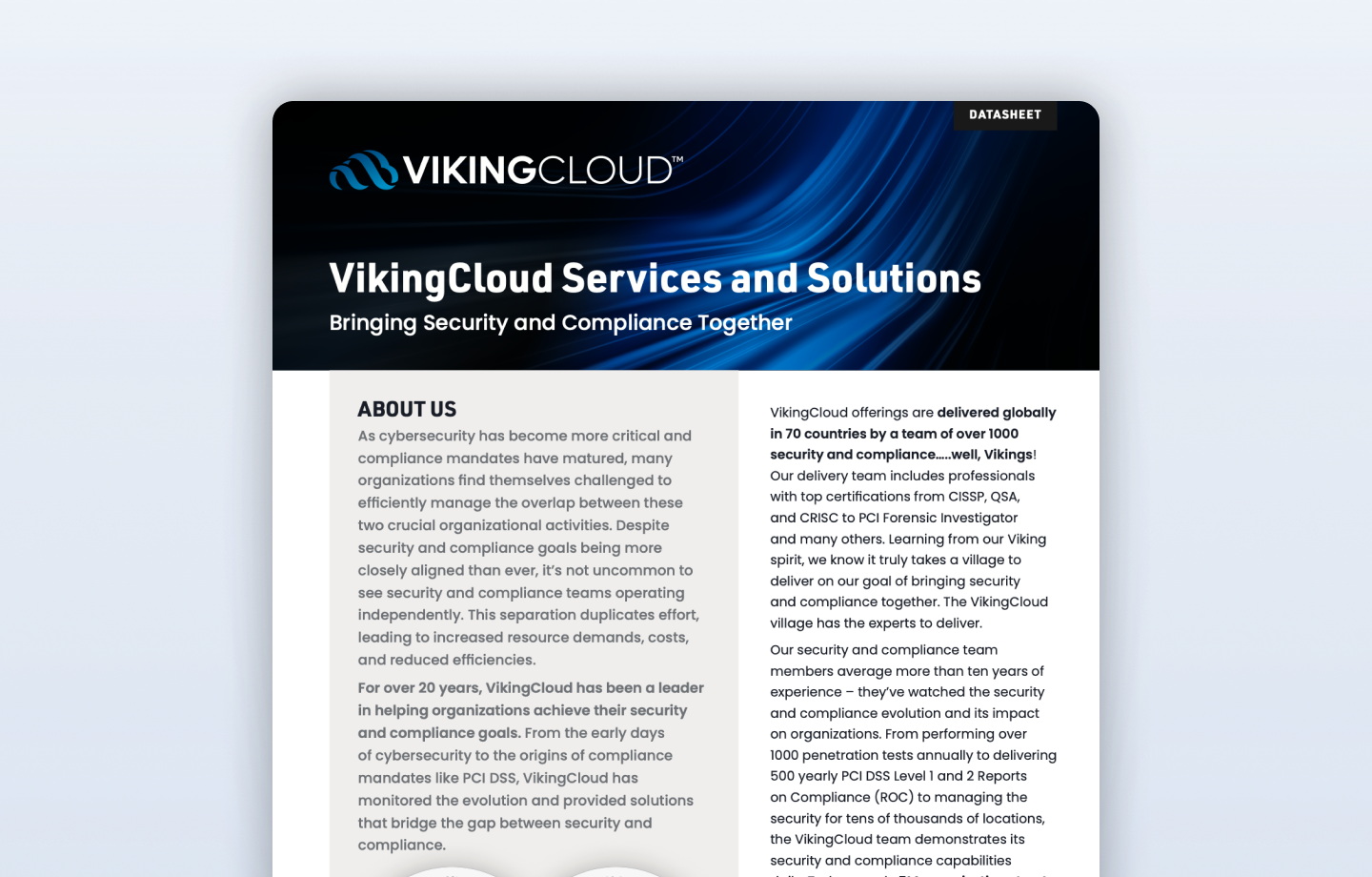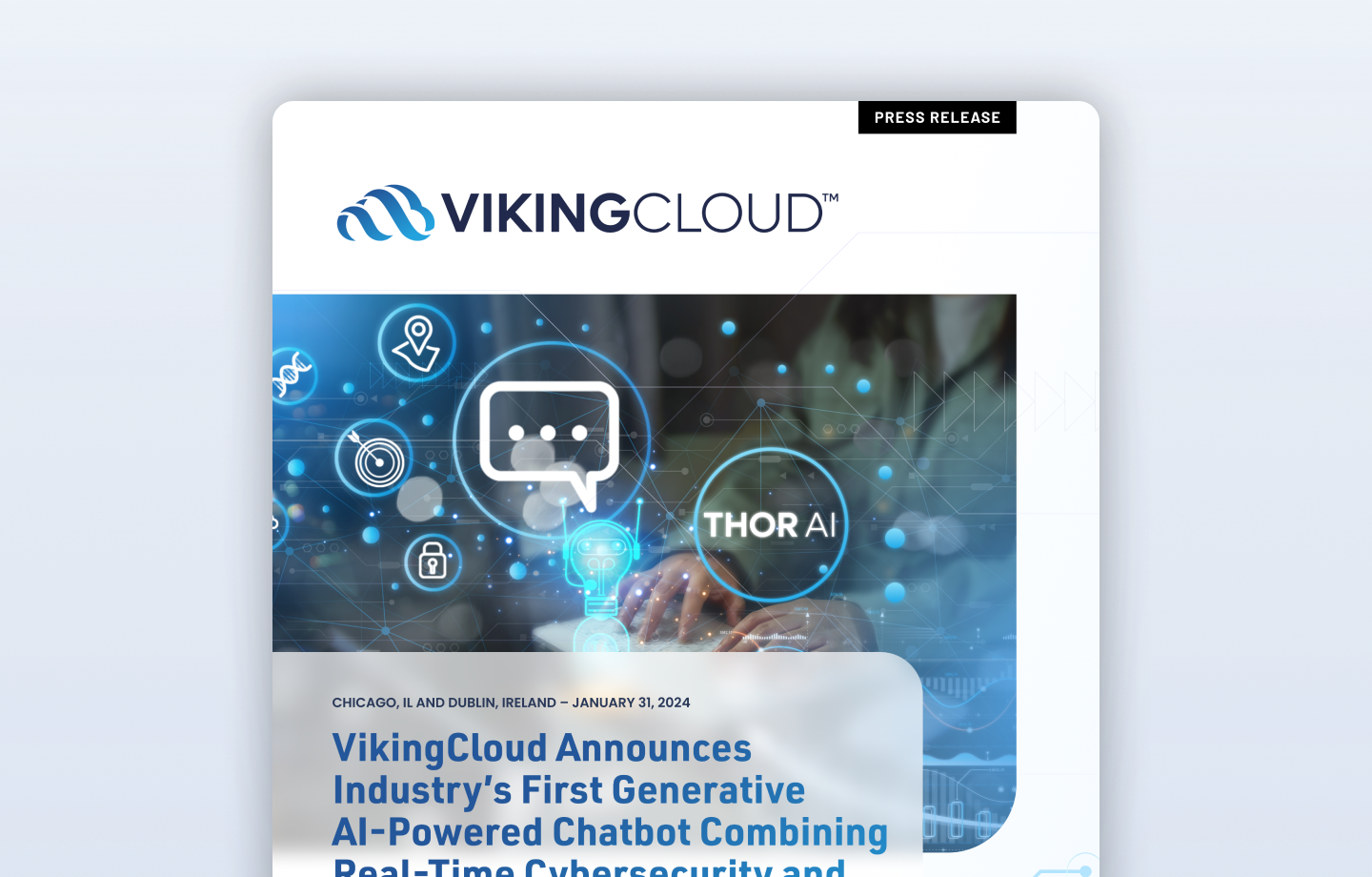What is an Endpoint Protection Platform (EPP)?
An EPP is an integrated suite of tools designed as a front-line measure to defend endpoints from a variety of threats, including malware and ransomware.
Endpoint Protection Platforms can contain:
- Next-generation antivirus
- Email security
- Data encryption
- Intrusion prevention
- Data loss prevention and backup
What does an EPP do?
Cyber Attacks are becoming increasingly complex with multiple stages of attack and a variety of methods to compromise the network. a compromise frequently begins at the endpoints of your network. This places devices like your users' mobile devices, laptops, workstations, and your servers at risk. Large numbers of enterprises say they detect phishing attacks on their network and frequently detect malware, meaning, it is imperative to have front-line measures that defend endpoints from these types of attacks. An EPP provides preventative security on the endpoint--blocking known malware at the point of entry using built-in protection mechanisms, including signature-based malware defenses.
Not to be confused with Endpoint Detection and Response (EDR) which is meant to detect and respond to attacks that have evaded front-line defenses and entered your environment.
Prevention
An EPP is often thought of as a traditional anti-virus solution. Traditional anti-virus will improve front-line security; however, it does not address the more complicated nature of modern cyber-attacks. Threats often use a multi-staged approach with a varying combination of social engineering, phishing, and malware-based attack attempts; therefore an effective EPP will have robust anti-malware capabilities. Malware is tricky to identify because threat actors have become very clever with their methods of deploying malware; it can look completely harmless initially but morph into something dangerous later. Attackers are persistent and will try a myriad of ways to sneak malware onto the network.
An effective EPP needs advanced anti-malware capabilities that traditional anti-virus does not usually provide. These include:
- Machine Learning: The EPP needs to leverage large scale data from multiple sources to determine if files are potentially malicious
- Threat Intelligence: The EPP must be able to learn from historical and real-time data from numerous threats and attempted attacks to block known harmful files
- Sandboxing: Not every threat will be 100% known. By using an isolated, virtualized environment the EPP can detonate and monitor the behavior of suspicious files without risking the integrity of the network.
Consolidation
Without an EPP, security teams must work through multiple, siloed tools. This can mean switching between screens, receiving alerts in different places, and having incomplete, fractured data between the different security tools. An EPP consolidates the disparate tools into one cohesive platform. Deployment and management of the various tools are operated one place and the data is compiled and correlated to give a more realistic representation of the security posture of the network. Security teams can have more visibility of and context for the threats their network faces, work faster and more efficiently, and have a more comprehensive defense than if they deployed similar tools piecemeal.
Should I replace my traditional anti-virus with an EPP?
In recent years, traditional anti-virus has shown its weaknesses. A recent survey of IT security professionals stated that traditional anti-virus missed an average of 60% of attacks. The sophistication of ransomware and malware attacks has surpassed the capabilities of traditional anti-virus. Augmenting your anti-virus with other siloed security tools complicates security operations; many security teams find multiple, disparate platforms difficult to use effectively or efficiently. The answer to the shortcomings of traditional anti-virus solutions is to have a unified Endpoint Protection Platform managed and monitored by a third-party party to further augment the capabilities of existing security staff. Many organizations are already adopting this approach. In 2020, 69% of IT decision-makers stated they planned to outsource endpoint protection or were already using a third-party vendor in order to address the complexities of managing security tools in-house and their own lack of resources and expertise.
Viking Cloud Endpoint Security provides advanced protection, detection, response, and risk analytics to protect your network from the full spectrum of threats, including ransomware attacks. For more information, visit www.vikingcloud.com/solutions/endpoint-detection-and-response.



























































-attack.png)















-program.png)





















